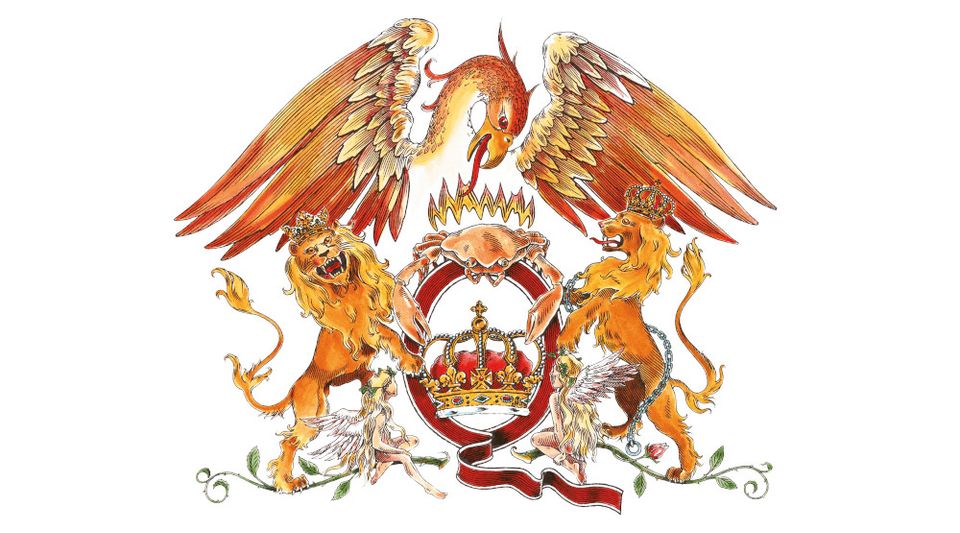They Are The Champions

Good management isn't about taking all of the responsibility, making all of the decisions and solving all of the problems.
That's just tyranny. Potentially benevolent tyranny, but it's still tyranny.
Instead, good management is often about shedding responsibility, deciding less and redirecting problems. It's about creating opportunities for people to step up and show that they can make a difference.
I've Taken My Bows, My Curtain Calls
A single person can't do everything. It doesn't matter if you're a manager or an engineer, limitations apply to everyone.
It might seem like you can do everything initially, when your domain is small, but the better you do, the larger your sphere of influence grows.
Eventually you'll come to a point where you have to pick and choose where your effort goes in order to get the most bang for your mental buck. Or you could be an idiot and try to do everything, with the caveat that you'll probably do it all badly.
I don't recommend that second option. I've been there and it's not fun for anyone involved.
Enter delegation.
If you are not able to give something enough attention, you're probably doing it a disservice by not handing over the responsibility to someone else who can.
Delegation is very specifically not about describing in excruciating detail exactly what you want the person to do and how they should do it. They are not some cog in a great machine of your devising. They have thoughts and ideas and agency of their own and you should respect it.
Delegation is about clearly identifying the boundaries of the thing in question, setting appropriate expectations about the desired outcomes and then handing over accountability.
It's hard to give up control over something, but if you can hand things over to someone that you trust, you'll be far more effective in the long run.
You Brought Me Fame And Fortune
It's not all about you as a manager though.
It's also about the people that you're responsible for.
In fact, it's probably more about the people that you're responsible for than it is about you and your inability to do all the things.
In order for people to grow they have to be challenged with new opportunities. These sorts of opportunities should be slightly stressful, so that the person is forced to adapt and improve in order to do well, but not so stressful that they have a nervous breakdown.
It's a fine line to walk.
Within my team at Atlassian there are plenty of opportunities to own projects. We call this role Feature Leading, and it's fundamentally about being accountable for a meaningful piece of work from start to finish.
But there are more people in the team than there are active projects. I mean, there doesn't have to be, but it's balance I've been trying to enforce for some time now because lots of parallelisation is bad.
Granted, not being able to feature lead isn't some sort of dire problem; after all it's entirely possible to grow professionally as a participant.
It's just a little bit harder.
And Everything That Goes With It
Feature leading isn't the only way to be accountable. There are other ways.
Like becoming a Champion.
Champions are accountable for a specific area of interest within the team, as opposed to a specific piece of work. This could be something like security, reliability or operational health for example.
The champion ensure that anything happening in or to that area is well understood, and any changes or developments are fed back into the team as a whole. They also maintain the health of that area, working within it as necessary, or perhaps arguing for the team to put their efforts towards the space collectively if required.
The role comes with some measure of authority, because without authority, accountability is somewhat pointless. Depending on the area in question, the champion can hold people to certain standards or require their participation in order to alleviate current issues or prevent future problems.
It's a great example of two problems, one role.
If you establish a champion, you now have a proxy for some area of concern and don't need to worry about the details of it yourself. The champion will deal with the majority of things and escalate as necessary, keeping you informed about the general state of things.
Or they will if they are doing the role well.
Which is where the second problem comes in. Being a champion is an opportunity to show that you are capable of taking ownership of something and deliver some sort of change or impact in that area in a semi-independent way. It's more responsibility, but with that comes more recognition.
I Thank You All
You might have noticed that this post was short a section on the downsides of champions.
The truth is that I've only just started establishing champions relatively recently, so I've not really had a chance to properly reflect on whether or not the role is providing the benefit that I was originally hoping for.
I think they are going pretty well, all things considered.
We've got two champions right now, one focused on disturbed (the rostered service role that shields the team from interruption) and one focused on BAU (the backlog of small pieces of work that don't fit into projects). In both cases, those areas are getting more attention and the people involved are actively thinking about how things could be better.
More importantly, they are doing it semi-independently, which means I have more time to deal with the rest of the seething chaos that surrounds me.
I'll conquer it eventually.
Member discussion